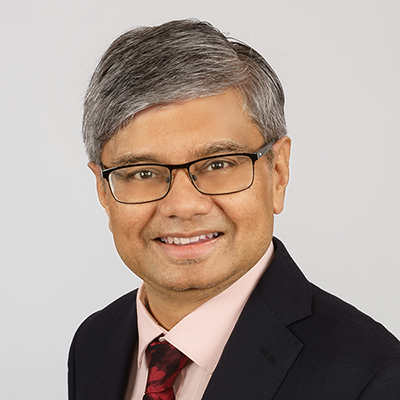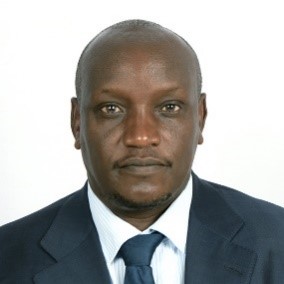Plenary session
Policy panel on data gaps
The availability of accurate and timely data is essential for sound policy making in the Global South. More and better data can be an accelerator for sustainable development. However, the pandemic has stymied government efforts to collect reliable economic and social data. Household, enterprise and labour force surveys have been postponed or cancelled altogether, exacerbating the existing deficiencies in national statistical systems, especially in low income countries. In fragile states, where the presence of widespread conflict along with weak capacity of statistical agencies have been important factors behind the lack of crucial data in many dimensions of economic and social lives of citizens, the pandemic has made the situation worse. At the same time, the lack of accurate registration systems for deaths in many developing countries implies that there is a large under-counting of mortality directly or indirectly attributed to COVID-19.
In this panel, leading experts drawn from national statistical offices, international agencies and academia will discuss the challenges to data collection during the pandemic and the implications that this may have for policy making for the immediate future, as well as innovative methods that have been tried out during the pandemic; for example, the use of large-scale phone surveys.
This panel will focus on the following questions:
i) What do we know about the true mortality due to COVID-19 in developing countries - is the profile of COVID-19 mortalities different in developing countries than in developed countries?
ii) What have been the major challenges faced by national statistical offices in 2020 and 2021 and how have they tried to address the crucial data gaps that have emerged during the pandemic?
iii) To what extent has the pandemic exacerbated the problem of limited data availability in fragile states, and how does it mean for effective policy making in these countries?
iv) What is the role of international initiatives such as Paris21 in improving statistical systems in low income countries, so that they can be more resilient to future crises?
v) Has the pandemic contributed to smarter and more efficient ways of collecting data - what lessons can be drawn for the future from the ingenious ways that data was collected in 2020 and 2021?
 Join the network
Join the network Kunal Sen | Chair
Kunal Sen | Chair Tom Moultrie | Presenter
Tom Moultrie | Presenter  Patricia Justino is a development economist who works at the interface between Development Economics and Political Science. She is a leading expert on political violence and development, and the co-founder and co-director of the Households in Conflict Network. She is currently a Senior Research Fellow at UNU-WIDER and Professorial Fellow at the Institute of Development Studies (IDS) in Brighton, UK (on leave). Professor Justino’s research focuses on the relationship between political violence, institutional transformation, governance and development outcomes.
Patricia Justino is a development economist who works at the interface between Development Economics and Political Science. She is a leading expert on political violence and development, and the co-founder and co-director of the Households in Conflict Network. She is currently a Senior Research Fellow at UNU-WIDER and Professorial Fellow at the Institute of Development Studies (IDS) in Brighton, UK (on leave). Professor Justino’s research focuses on the relationship between political violence, institutional transformation, governance and development outcomes. Paul Kemboi Samoei | Presenter
Paul Kemboi Samoei | Presenter  Lauren Harrison | Presenter
Lauren Harrison | Presenter